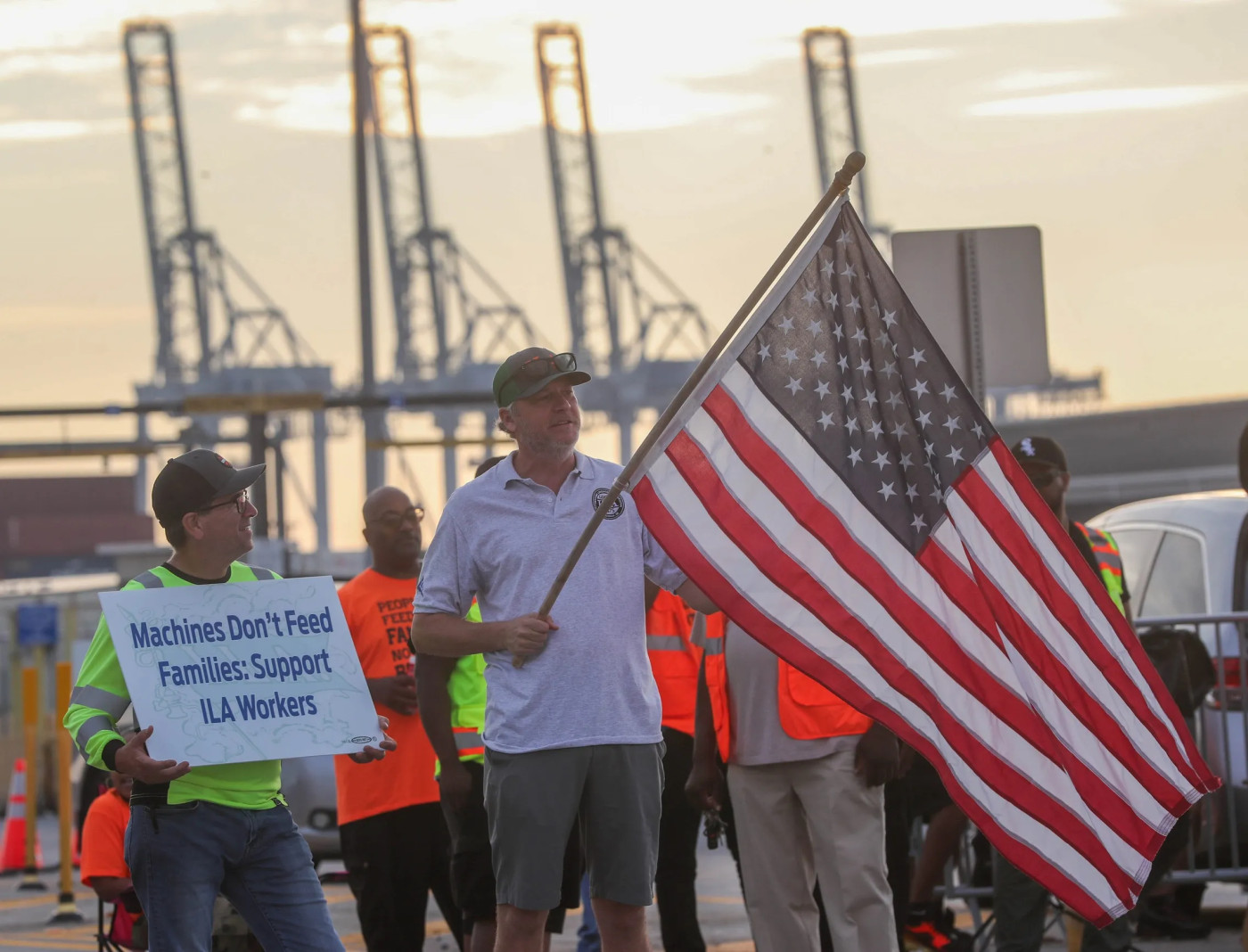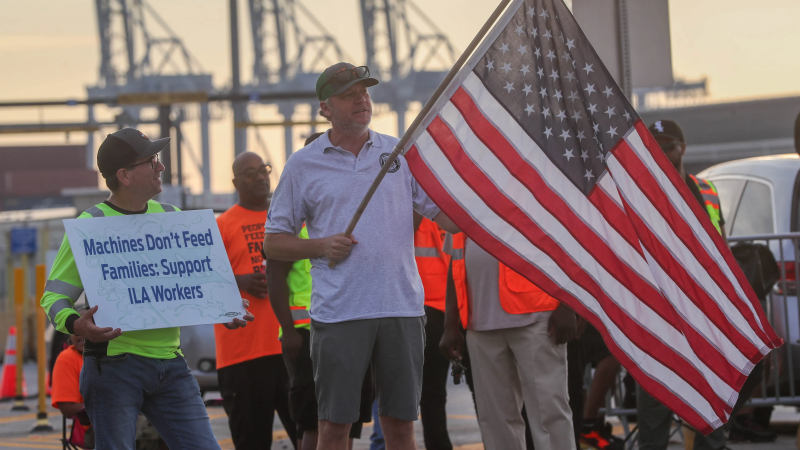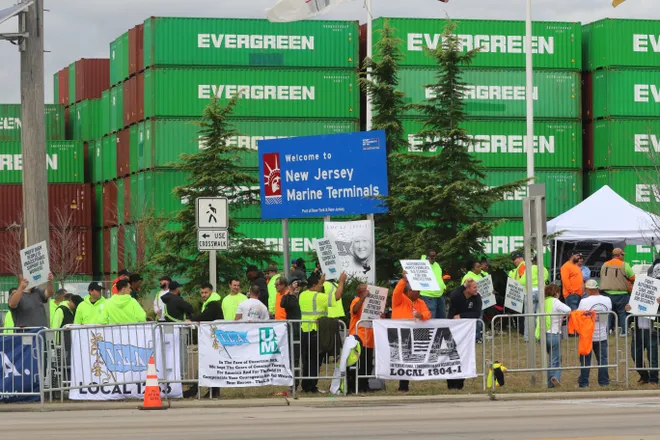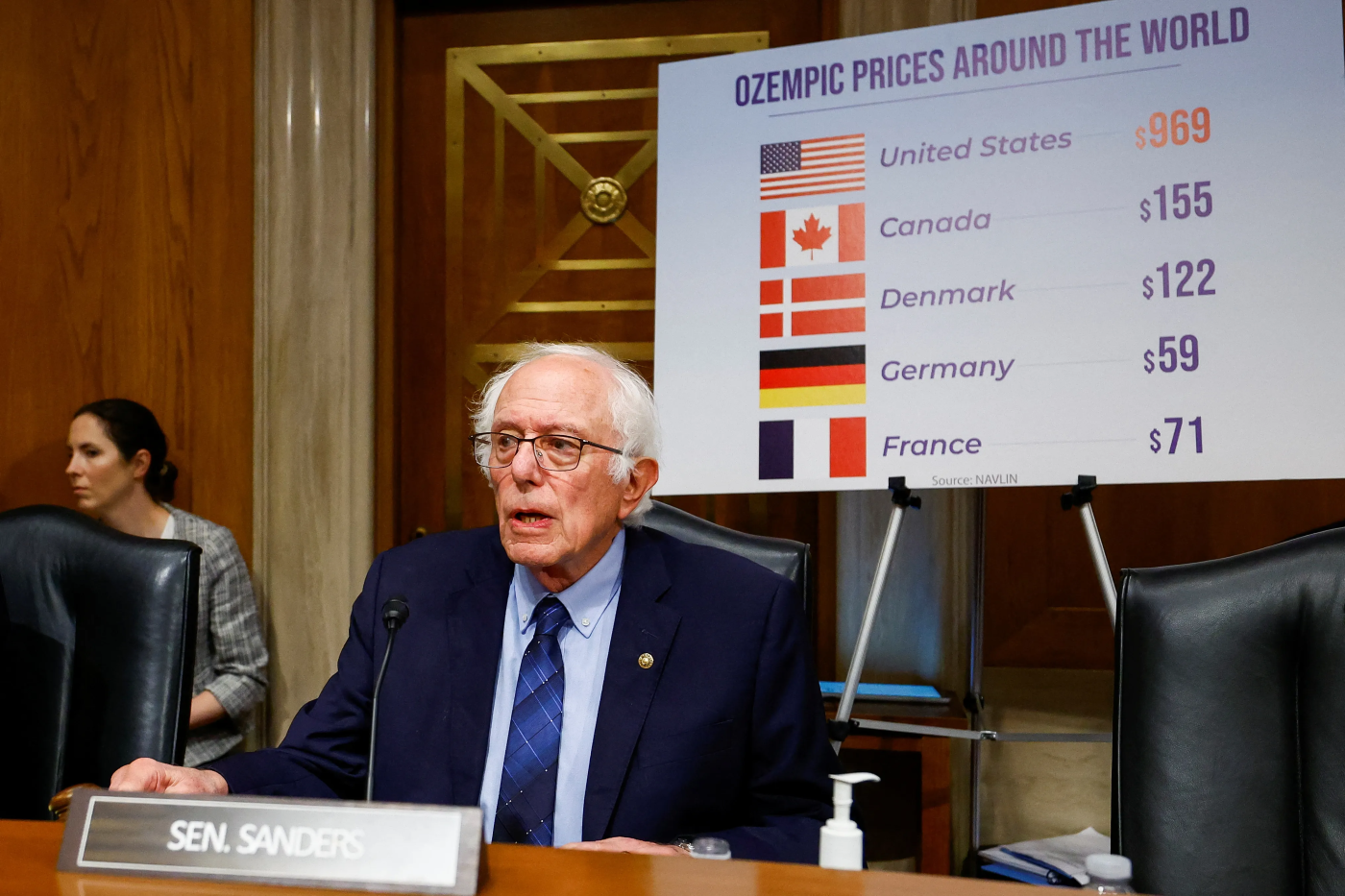
They did it again! Ports reach deal to stop strike, potential shortages and inflation
Port workers and operators said they reached a tentative deal late Wednesday that would avert another strike at Gulf and East coast ports next week.
In October, the United States Maritime Alliance (USMX), which represents employers at the East and Gulf coast ports, and the International Longshoremen’s Association (ILA) ended a three-day strike with a tentative agreement for a 62% wage increase for ILA members over the next six years and an extension to Jan. 15 to negotiate terms for automation. With the deadline just a week away, the two sides met this week for the first time since November to hammer out a deal over that last contentious sticking point.
The deal prevents a strike next week that had the potential to snarl supply chains and create shortages, delays and higher prices on hundreds of goods. More than half of shipping containers pass through the 36 ports stretching from Maine to Texas. USMX said ILA workers would continue to work under their current contract until the new six-year contract can be ratified.
“This is a win-win agreement that creates ILA jobs, supports American consumers and businesses, and keeps the American economy the key hub of the global marketplace," the USMX and ILA said in a joint statement.

Why was automation contentious?
Employers argued automation upgrades would make the ports more efficient and able to handle more cargo, which would benefit everyone, but union leaders said it would cost jobs and harm national security.
"This agreement protects current ILA jobs and establishes a framework for implementing technologies that will create more jobs while modernizing East and Gulf coasts ports – making them safer and more efficient, and creating the capacity they need to keep our supply chains strong," the two sides said in the joint statement.

Did Trump influence talks?
A strike would have come at an awkward moment - at the end of President Joe Biden’s term and five days before President-elect Donald Trump’s inauguration.
During the port strike in October, Biden refused to invoke the Taft-Hartley Act to force ports to reopen. The Act allows the federal government to seek a court injunction against a strike to allow both parties to continue negotiations during an 80-day cooling off period. Instead, he encouraged continued negotiations.
This time, Biden remained quiet about a strike potentially starting five days before his presidency ends.
Meanwhile, Trump signaled support for union workers in December. Following a meeting with ILA President Harold Daggett, Trump said of automation projects in a post on Truth Social last month that "the amount of money saved is nowhere near the distress, hurt, and harm it causes for American Workers, in this case, our Longshoremen.”
Daggett cited this meeting as the "chief reason" USMX and ILA were able to swiftly reach a deal on automation.
“President Trump clearly demonstrated his unwavering support for our ILA union and longshore workers with his statement 'heard round the world' backing our position to protect American longshore jobs against the ravages of automated terminals,” Daggett said in a statement. “President Trump’s bold stance helped prevent a second coast wide strike at ports from Maine to Texas that would have occurred on January 15, 2024, if a tentative agreement was not reached.”
Medora Lee is a money, markets, and personal finance reporter at USA TODAY. You can reach her at [email protected] and subscribe to our free Daily Money newsletter for personal finance tips and business news every Monday through Friday morning.

